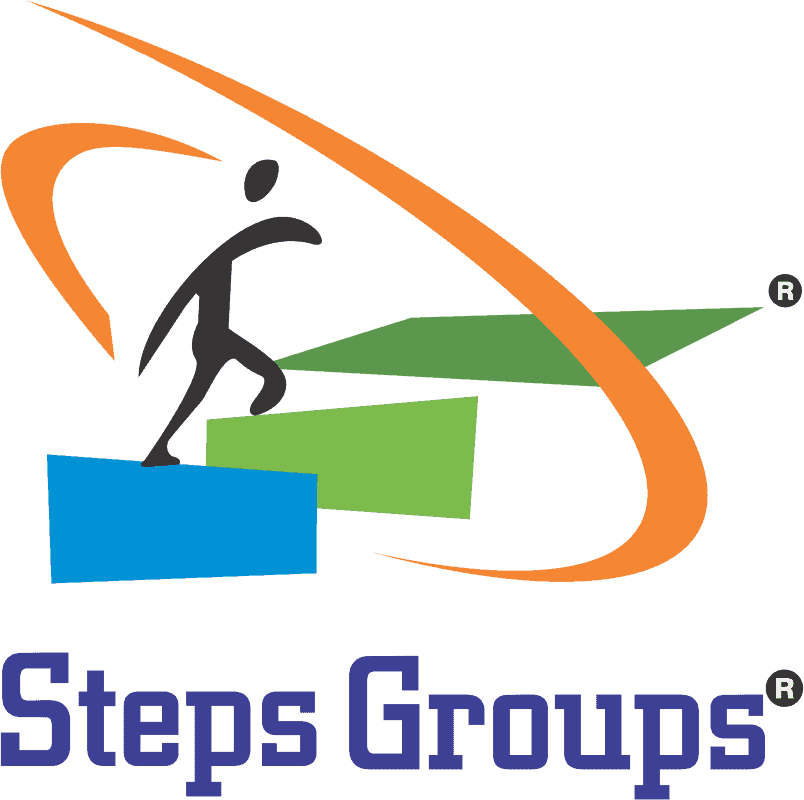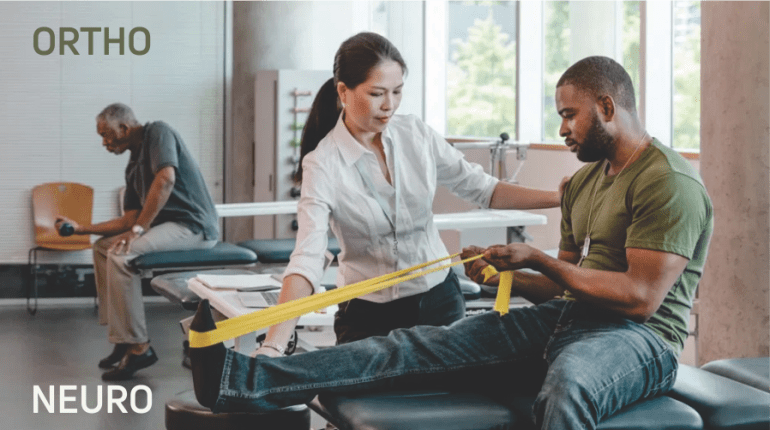Ortho & Neuro
Orthopaedics and Neuro-rehabilitation
Orthopedics
Occupational Therapy (Ortho-Neuro rehabilitation) helps disabled persons achieving a good quality of life and earn a good living with activity modification and workplace management. Now before knowing the role of occupational therapy or OT in orthopedics, you must know what is occupational therapy. From what I have read and understood in the past years, occupational therapy means enabling people having physical/mental disabilities or abnormalities to achieve a good functioning life and helping those disabled individuals live their life independently and helping them earn a good living by assessing the injury sustained and treating it with the help of splints, orthotics, ergonomic evaluation, modifications at workplace and managing it.
-
Designing and fabrication of hand splints
Occupational therapists are considered as specialist worldwide, with added practical knowledge in hand rehabilitation and training. They have advantages over orthotist who also makes an orthosis. Designing and fabrication of adaptive devices helps the disabled people to be independent in their function. Occupational therapists are specialist in hand function training, since work requires more of good hand function, Occupational therapists are trained well in hand function management.
Neuro-rehabilitation
Professional Occupational therapists hold a pivotal role in the proper evaluation and treatment of an individual who has sustained a brain injury or been through a prolonged neurological illness. The focus of occupational therapy is to approach the patient’s care in a holistic manner. This majorly involves the detailed interviewing of the patient as well as family, in order to completely understand his or her overall medical, vocational, social, and emotional history in a nutshell. A professional occupational therapist will primarily utilize the complete information obtained in order to lead the treatment program and more accurately evaluate the patient’s level of impairment in the diverse performance areas. Patients with serious neurological disorders or injuries may demonstrate different types of impairments that may or may not be consistent with their diagnosis.
When a person has a knee replacement, they will certainly have a weakness toward the lower extremity, pain, and impaired range of motion. When a particular person has sustained a neurological injury, there may be different parts of the brain that were affected in a more subtle way which may not reflect during the course of diagnosis. For example, when a person has hydrocephalus as a major complication to an original focal injury, then the pressure may be from a diffuse effect on the brain and eventually produce functional impairments that were unexpected based on the preliminary diagnosis. The professional occupational therapists who work with brain-injured patients must be proficient in assessing how the physical, cognitive, and the behavioral impairments primarily affect the different activities of daily living. A productive activity analysis of every task is performed and is often used to guide the entire course of rehabilitation.
-
Evaluation and treatment
The evaluation of neurological disorder or injury is initiated by a thorough clinical interview, which should include open-ended questioning regarding several social, medical, vocational history, physical and social environment, as well as family and self-assessment of the individual’s current level of functioning in various aspects. The results will thoroughly provide the therapist with a clear picture of the person’s former functioning, current insight, and the awareness of limitations. It is extremely crucial to note the individual’s level of insight. If it is impaired, safety may indeed be of significant concern. In order to assess the level of the insight completely, the therapist will compare the individual’s self-assessment of functioning with the therapist’s observation, family report, and objective findings.
-
Neurological rehabilitation through occupational therapy
Professional occupational therapists provide the most relevant, customized, timely and goal- oriented rehabilitation programs to the clients either in their homes or in communities. This collaborative approach by keeping pace with the world-class standards, the professional therapists ensure rehabilitation is primarily focused towards practical improvements. The intention of the best occupational therapists is to help the clients and their families to make them independent and lead a normal life without any special aid. The result driven occupational therapy is being delivered by the well-trained and experienced expert therapists.
Occupational therapists believe that their role is to equip the clients with the necessary skills that are required to become independent and lead a normal life on their own without any special aid or attention.
The Occupational therapists always provide the much needed expert advice that is customized as per the patient’s need. Their holistic way of functional rehabilitation is being adopted and all inquiries of the patient’s family are being answered by the expert occupational therapists.



